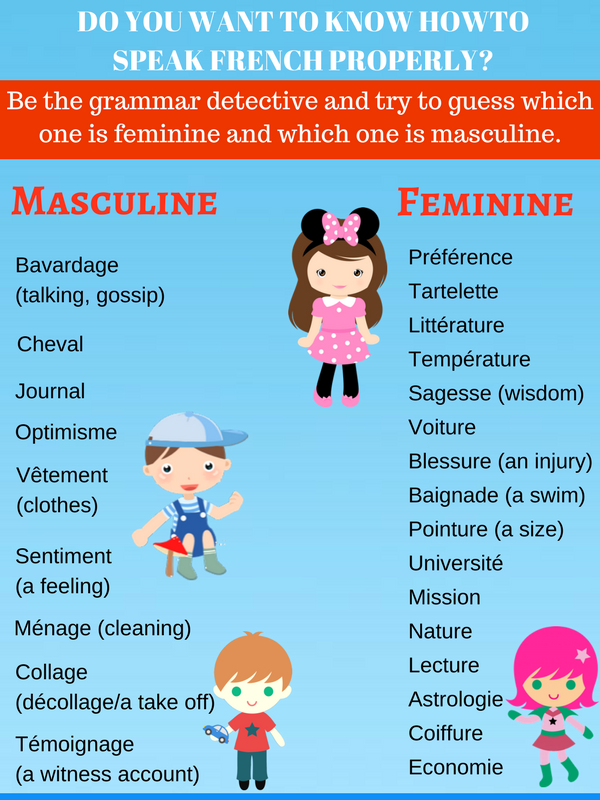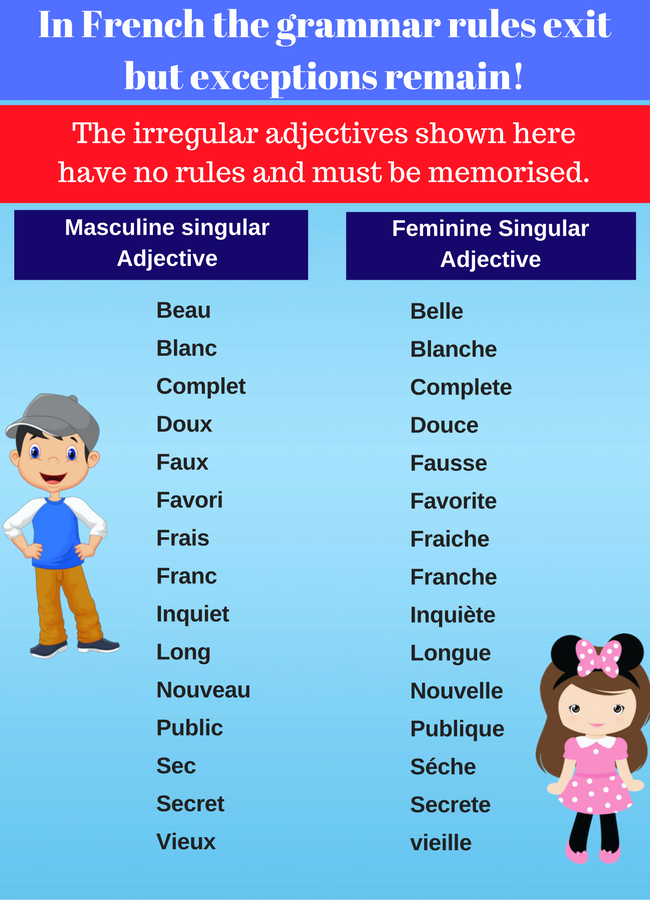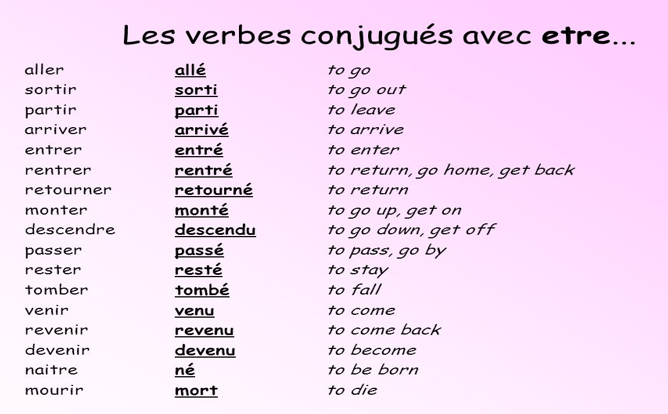Mon, Ta, Notre, Leur
How to understand French Possessive Adjectives Better
There are many French possessive adjectives so let’s learn them in this French lesson and make it clear and simple.
In English, you have 8 possessives : My your his her its our your and their.
In French, you have 10 more.
So, If you are asking yourself how to learn French in an efficient and simple way, join us today at French lessons Australia and click here to know more about the French possessive adjectives.
How to understand French Possessive Adjectives Better?
Here we are!
How to speak French like a native.
Just go through this French Learning…
The French possessive adjectives are related to the noun.
They are words that say to whom or to what something belongs.
In English they are:
My Your His Her It’s Our Your (when you’re talking to more than one person) and Their.
In French, they are a few more.
You might remember that all French nouns are either masculine or feminine: As a result, all possessive adjectives in French have to agree with the gender of the noun.
Let’s put all of them in a table so you can understand clearly how it works.
| Singular | Plural | ||||
| Masculine | Feminine | ||||
| In front of a consonant | In front of a vowel | ||||
| Singular Persons | First Pers | MON | MA | MON | MES |
| Sec Pers | TON | TA | TON | TES | |
| Third Pers | SON | SA | SON | SES | |
| Plurals Persons | First Pers | NOTRE | NOS | ||
| Second Pers | VOTRE | VOS | |||
| Third Pers | LEUR | LEURS | |||
You might have noticed that there’s no “its” in this table. This is because French possessive adjectives relate to the noun, and every noun has a gender.
There’s no need for the gender-neutral “its
Examples :
She has her book.
Elle a son livre.
It’s my car.
C’est ma voiture.
Our friends come tonight.
Nos amis viennent ce soir.
My Neighbor’s’ cat ; his name is Moustache.
Le chat de ma voisine ; son chat s’appelle Moustache.
Your home is very nice.
Votre maison est très belle.
Their children are adorable.
Leurs enfants sont adorables.
The best way to make it yours is to practice, so click here to register at French lessons Australia.













